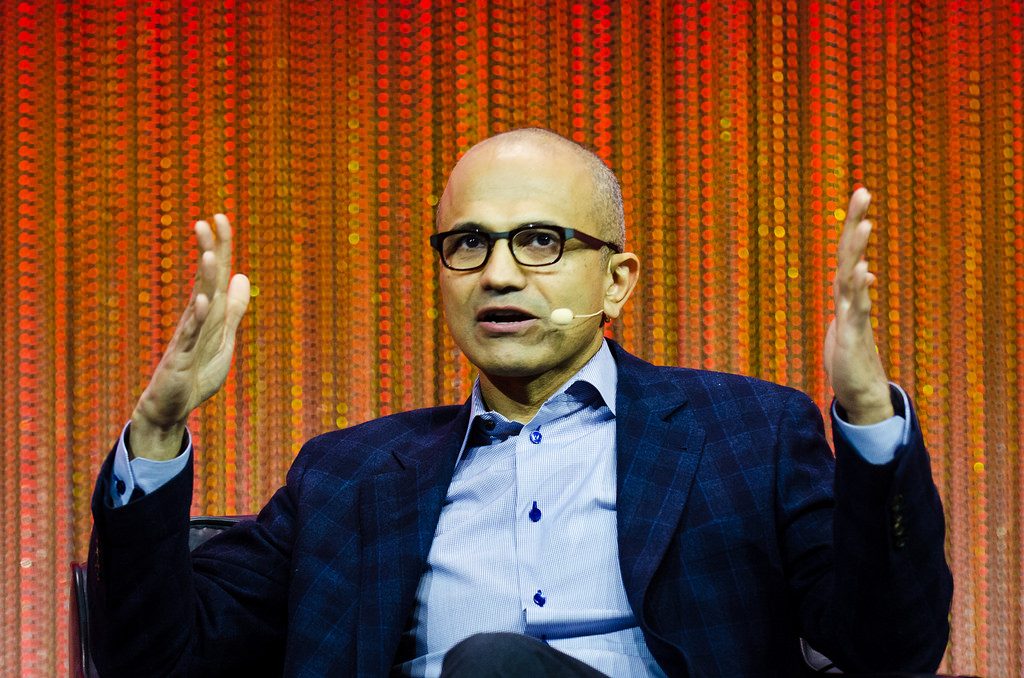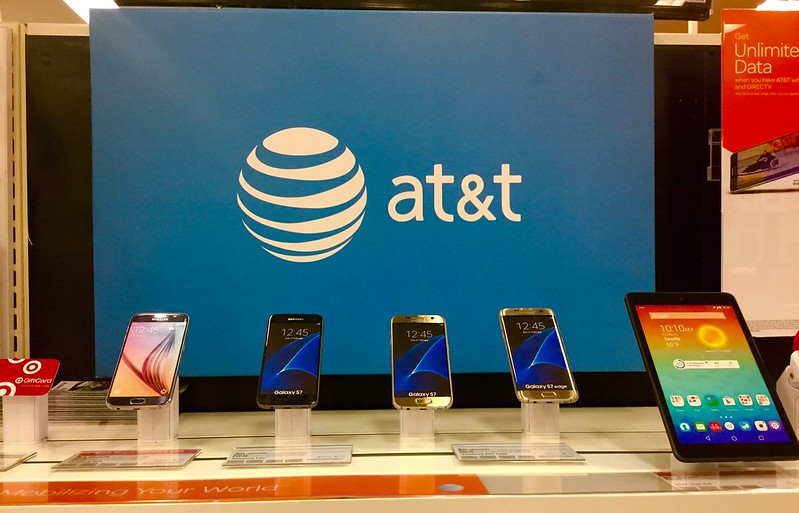Here is the top trending news from the world of technology. News that every tech enthusiast should keep a tab on.
1)
OpenAI can now Steal your voice with new Voice Cloning Tool

OpenAI has unveiled yet another AI tool. This time it is targeting your voice. It has developed a tool called Voice Engine that can create synthetic speech that closely resembles a real person’s voice. It only needs a 15-second audio sample of the target speaker to work. However, this tool is currently available only to limited partners and not publicly available as it can be potentially misused. Clearly, ChatGPT’s parent company is being cautious about launching this apparently powerful AI tool. Beyond entertainment, Voice Engine has the potential to be helpful for people who are non-verbal or have speech difficulties. It can also be used for educational purposes.
2)
Holy Grail of AI? Microsoft & OpenAI join hands to launch $100 Bn Supercomputer

Microsoft and OpenAI are once again joining hands for a new collaborative project, which primarily involves building a new powerful supercomputer called Stargate supercomputer. They are building this massive AI supercomputer with a whopping price tag of $100 billion. The goal is to create a computational powerhouse that can handle the immense processing needs of cutting-edge AI applications. This could be a significant leap forward in the field of AI. Microsoft is expected to be the primary source of funding, and Stargate is projected to be operational by 2028. A significant portion of the cost will likely go towards acquiring specialized AI chips, which are currently in high demand.
3)
Congress bans Microsoft Copilot over Privacy Concerns

Microsoft Copilot, an AI tool that assists with coding and other tasks, has been blocked on devices owned by the US Congress. Congress flagged Copilot as a potential risk due to the possibility of it leaking sensitive congressional data to unauthorized cloud services. Since Copilot relies on a connection to Microsoft’s servers, it raised concerns about where user code and potentially sensitive information might be stored. This follows a similar restriction placed on the free version of ChatGPT last year due to similar data security anxieties. This situation clearly highlights the ongoing debate about balancing the benefits of AI with data security concerns, especially when it comes to sensitive government information.
4)
Electric Shift! Tesla Plugs into Advertising After Years of Silence

For most of its existence, Tesla, under the leadership of Elon Musk, has been firmly against paid advertising. Musk had even tweeted way back in 2019 that he hates advertising. However, there have been reports of Tesla increasing its spending on various paid media platforms in recent months. Interestingly, Tesla isn’t just advertising on Twitter, which is owned by Elon Musk, but also on a wider range of other platforms, which also reportedly includes Facebook and Instagram. The electric vehicle market is getting more crowded, and Tesla might feel the need to stand out more. Tesla is also desperate to increase its sales numbers in a bid to keep its investors happy. It will be interesting to see how this plays out and whether all these advertising yields desirable results for Tesla.
5)
Hacked! AT&T Confirms Major Data Breach, Are You Affected?

There has been a major data breach at AT&T that affected a significant number of customers. An estimated 73 million current and former AT&T customers were impacted. This included roughly 7.6 million active accounts and a staggering 65.4 million former customers. The leaked data included sensitive information like Social Security numbers, passcodes, email addresses, and possibly even birthdates and physical addresses. The leaked data was discovered on the dark web, a part of the internet not easily accessible by regular browsers. AT&T has reset passcodes for current users, but the incident raises concerns for everyone affected. AT&T is still investigating the source of the breach. They haven’t confirmed whether the data was stolen from their systems or those of a third-party vendor they work with.

